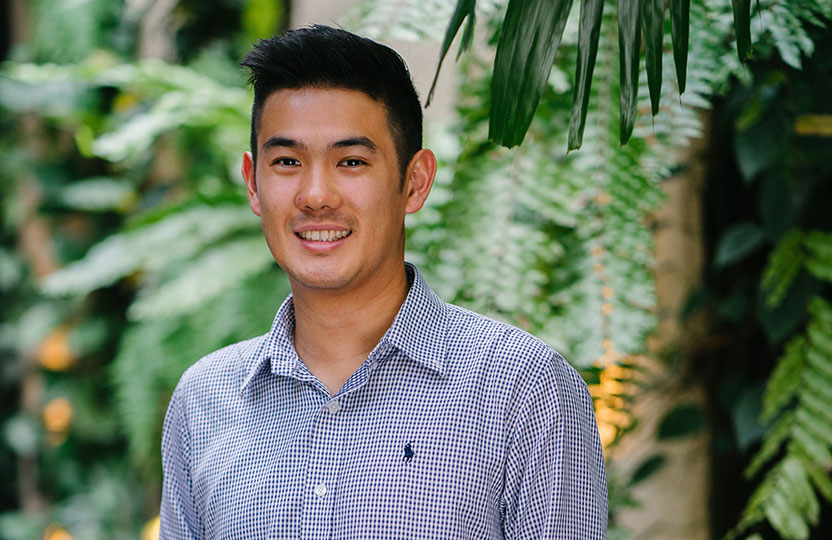Academics
Academics
HEP of Texas, Inc. offers a University Model Program for grades PreK-12.
HEP Of Texas, Inc. Offers A University Model Program For Grades PreK-12.
– School Trip to Italy 2012
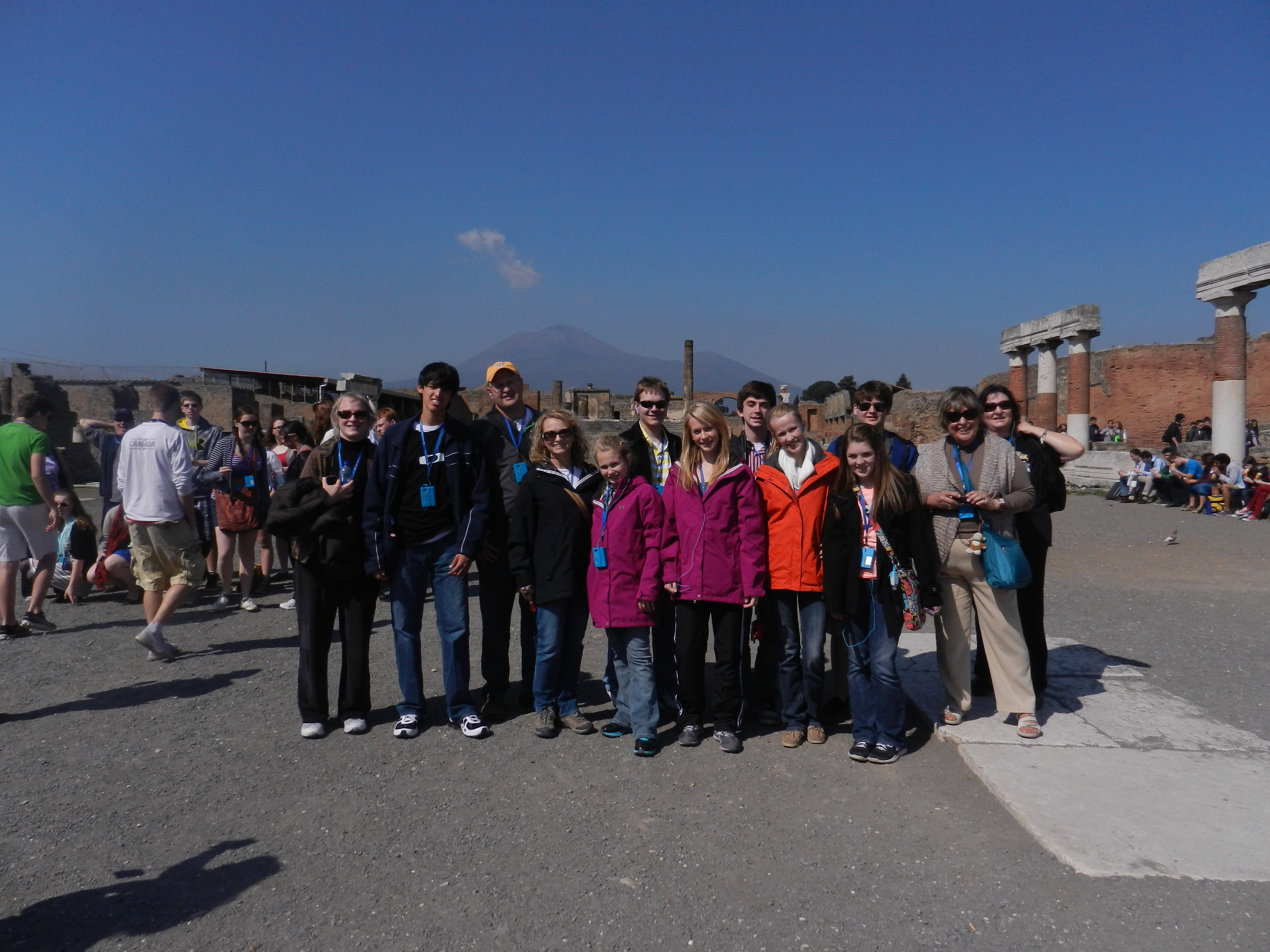

Honors Classes
HEP-TX Classical Programs Include:
What is Classical Education?
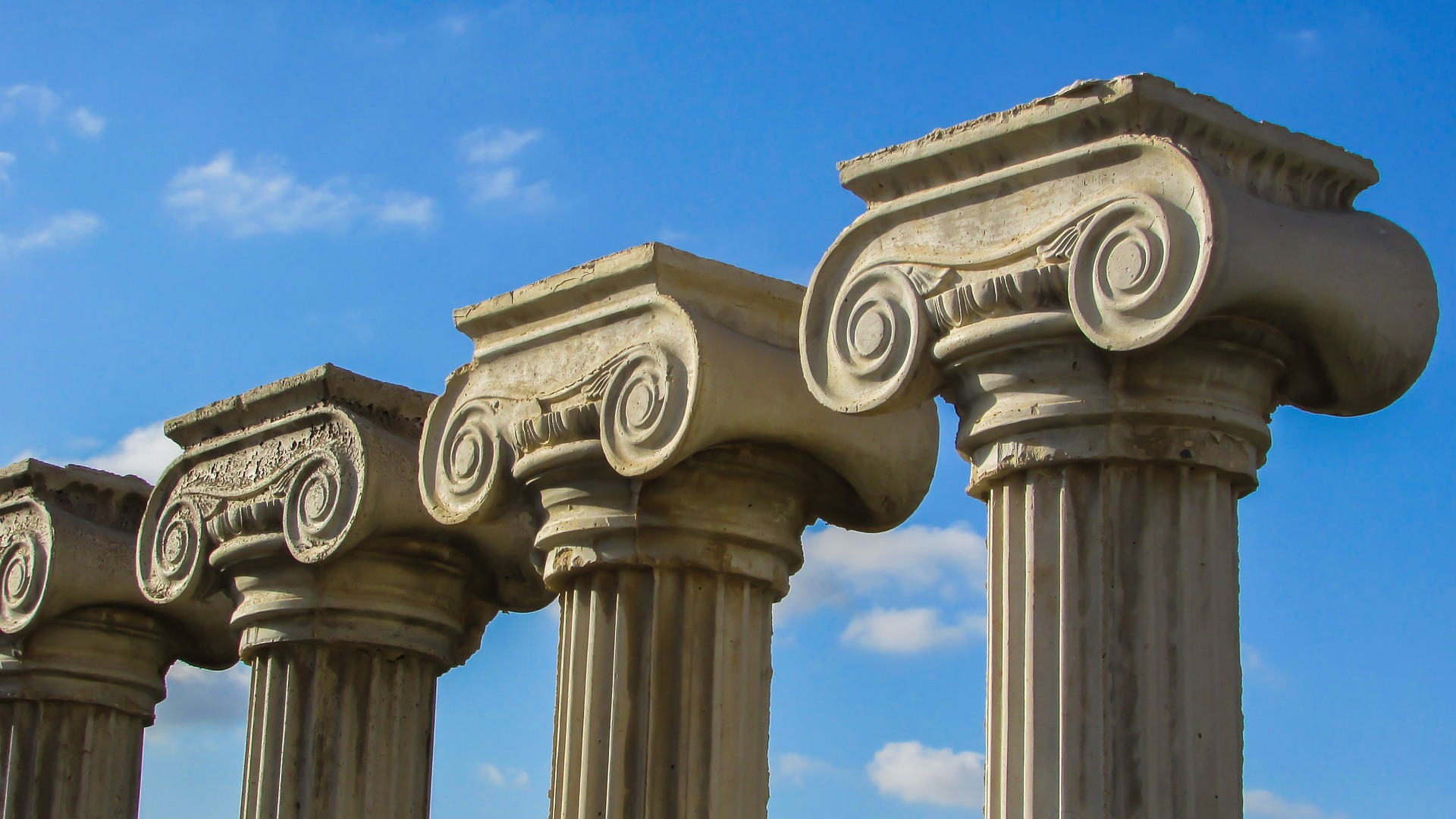
HEP-TX Classical Programs Include:
Honors Classes
What is Classical Education?
HEP TX Activities
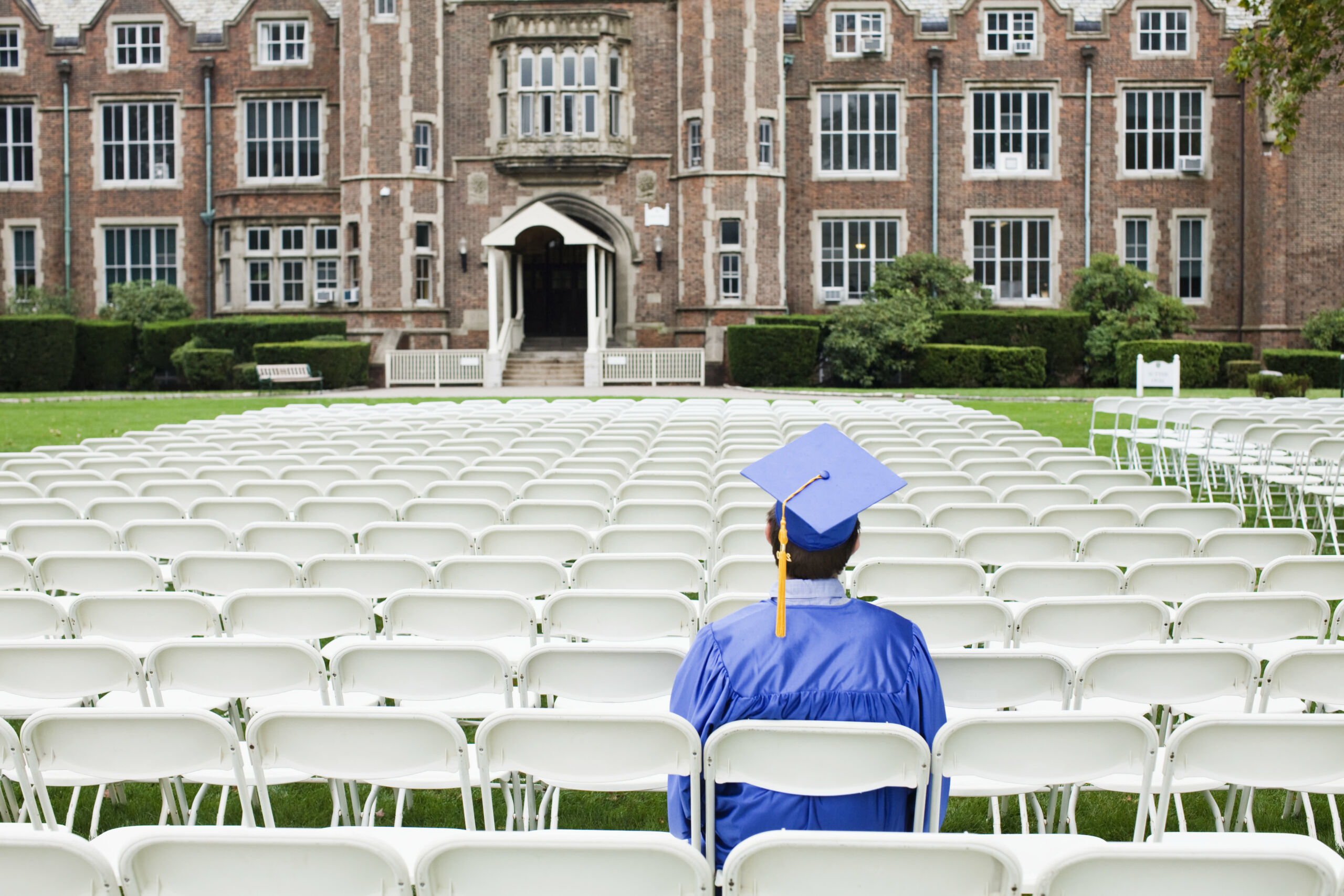

What other activities does HEP offer:
- Graduation, Prom/Dinner/Senior Recognition
- Homecoming Dance and Court
- School Trips
- Field Trips
- Chess Club
- Yearbook
- IOWA Standardized Testing (Spring only)
- Summer Camps
What is Classical Education?

What is Classical Education?
Classical Education returns to the time-honored educational theory of the past. The classical method was the only educational theory in practice in Western Civilization for over two millennia. Beginning in Classical Greece and Rome, and continuing through the Puritan and Colonial eras of our nation, children that were fortunate enough to receive an education received a classical one. Classical Education produced Archimedes, St. Paul, St. Patrick and Columbus, Dante, Leonardo da Vinci, Galileo, Sir Isaac Newton, Columba, Shakespeare, and our own great George Washington, Thomas Jefferson, and John Adams. These giants of their times are only the tip of the iceberg of the great philosophers, scientists, theologians, writers and artists that lived and worked through the 18th century. They lived up to their potential, and each in their own way impacted the course of human history, because their potential was unlocked in part by Classical Education, which prepared them to grapple with the problems of their day.
The core of Classical Education is the trivium, which simply put is a teaching model that seeks to tailor the curriculum subject matter to a child’s cognitive development. The trivium emphasizes concrete thinking and memorization of the facts of the subjects in grade school; analytical thinking and understanding of the subjects in middle school; and abstract thinking and articulation of the subjects in high school. Subjects unique to Classical Education which help accomplish the goals of the trivium are Grammar, the science of language usage; Logic, the science of right thinking; and Rhetoric, the science of verbal and written expression. Classical Christian Education is further characterized by a rich exposure to the history, art, and culture of Western Civilization, including its languages (Latin and Greek), its philosophy and literature (the Great Books of Western Civilization and the Christian tradition), and the development of a Biblical worldview.

Why Choose Classical Education?
Why Return to Classical Education?
Why Choose Classical Education?
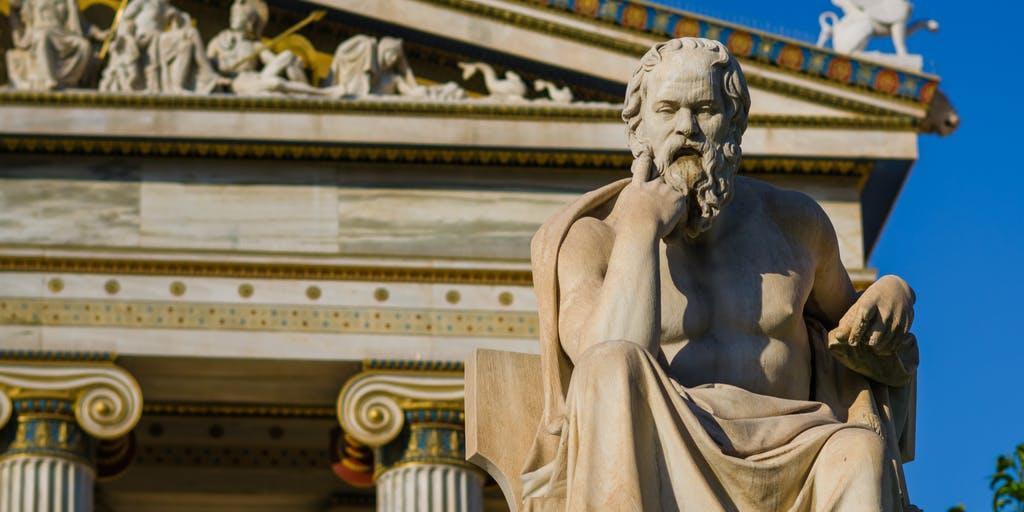

The combination of the progression of learning from facts to understanding to expression (the stages of the trivium) and the additional classical subjects, work together to give children the tools to think for themselves and to be independent, life-long learners. That is the primary goal of Classical Education. It is to equip educated men and women able to approach previously unknown subject matter, problems, or life situations; and using the tool of learning which have been practiced and refined and internalized in school; to grasp the subject or problem, analyze it according to the standard of truth, and understand and do something about it. Classical Education therefore trains children for success in any field, whether it be marriage and family life, work dealing with society and individuals, business, or arts and the humanities. Furthermore, Classical Education has proven its effectiveness in training for scientific excellence, which depend on the arts of fact-finding, analyzing, adherence to truth, and the problem-solving skills of which Classical Education specializes. Secondarily, it works: children taught by this method routinely exhibit academic proficiency.
In classical education, history lies at the center of the curriculum. The chronological study of history allows even small children to learn about the past in an orderly way. We use the Story of the World four book series as our history program for Grades 3-8. Each age group will enjoy age appropriate activities and learning experiences. The purpose of our program is to give the child a love for history, create a basic understanding of major cultures, and an idea of the chronological order of historical events. Our high school students “journey through time” in the honors program humanities course, Journey through Time.





